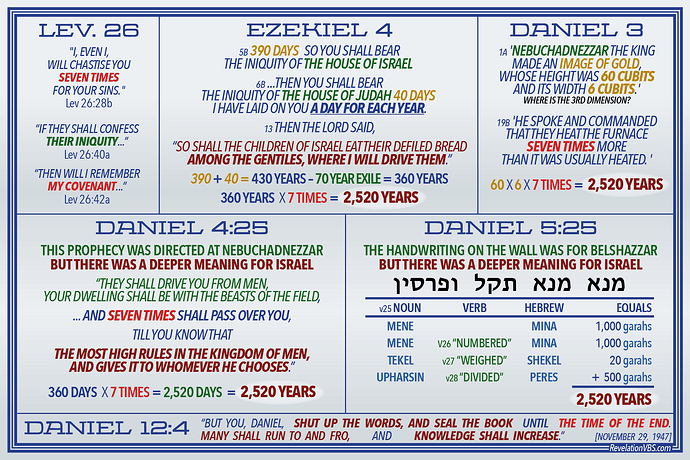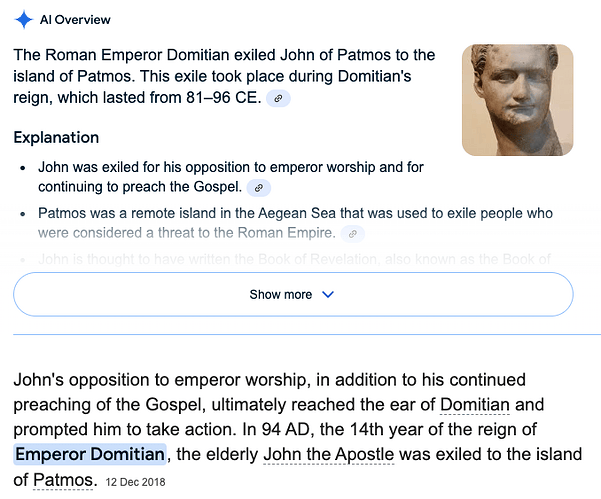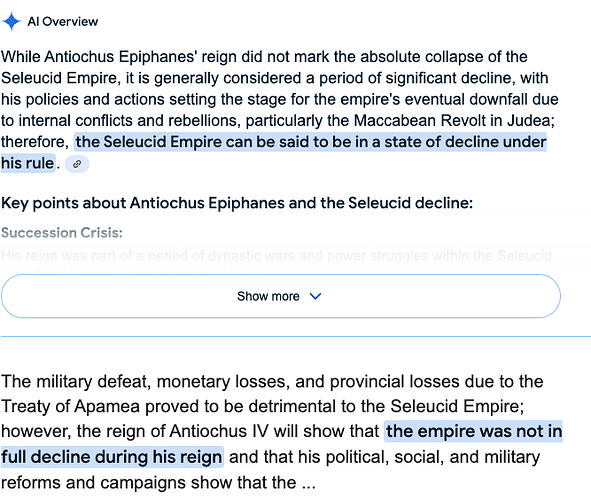From the 70 weeks prophecy it was possible to calculate when the Messiah would come the first time. In Luke 19:42 as Jesus is approached Jerusalem, he wept over it because the vast majority had not paid attention to prophecy and as a result they did not recognize the day of their salvation.
But that was not the case for all Israel. There was a faithful remnant of Jews out in the wilderness, who took prophecy seriously, had done the calculations and expected the Messiah to come in 32AD. They even left a scroll in cave 11 at Qumran that shows they understood that the Melchiezadek(Teacher of Righteousness) would come and die for the sins of the people.
So when Jesus says “No man knows the day and the hour” what is He talking about?
Is He saying that we can know absolutely nothing about end times events?
Or is He talking about something specific?
In the OT Israel is portrayed as the unfaithful wife of YHWH.
Isa 54:5-6; Jer 2:2, 3:14; Eze 16:8; Hos 1:2, 2:19-20
In the NT the church is portrayed as the faithful bride of Christ watching for her groom’s return.
2 Cor 11:2; John 3:29; Matt 9:15; Rev 21:2, 22:17
We are betrothed to Christ but we are waiting for the Father to tell the Son to go get His bride for the marriage supper of the Lamb.
In Matthew’s gospel Jesus talks about “not knowing the day and hour” twice; once in chapter 24 and again in chapter 25.
In chapter 24, the context of “not knowing the day and hour” is “Now learn the parable of the fig tree”. The context is “you can’t know the day and the hour, but the fig tree(Israel, 1948) is the sign that the season(of His coming for the bride) is coming”.
In chapter 25, the context of “not knowing the day and hour” is the parable of the foolish and wise virgins(10 brides maids, not the bride).
In Matthew 25:13 Jesus says:
‘Watch therefore, [look for the signs of the season]
for ye know neither the day nor the hour
wherein the Son of man [bridegroom]
cometh.‘ [for bride]
Again, the context was a parable about weddings.
‘In my Father’s house are many mansions: [rooms]
if it were not so, I would have told you.
I go to prepare a place for you. [bridechamber]
And if I go and prepare a place for you,
I will come again, and receive you unto myself; [the rapture]
that where I am, there ye may be also. ‘ [Father’s house]
When Jesus says “No man knows the day and the hour” what is He talking about?
He is talking about the rapture of the church(the bridegroom coming for the bride).
He is not talking about the tribulation, the Messiah’s second coming or the millennium.
This lines up nicely with what the angel said in Daniel 12:4
“But you, Daniel, shut up the words, and seal the book [2520 prophecies]
**UNTIL the time of the end. ** [1948]
many shall run to and fro, [Israel would be scattered and regathered]
and knowledge shall increase.” [The Dead Sea Scrolls are the key that unlocks]


